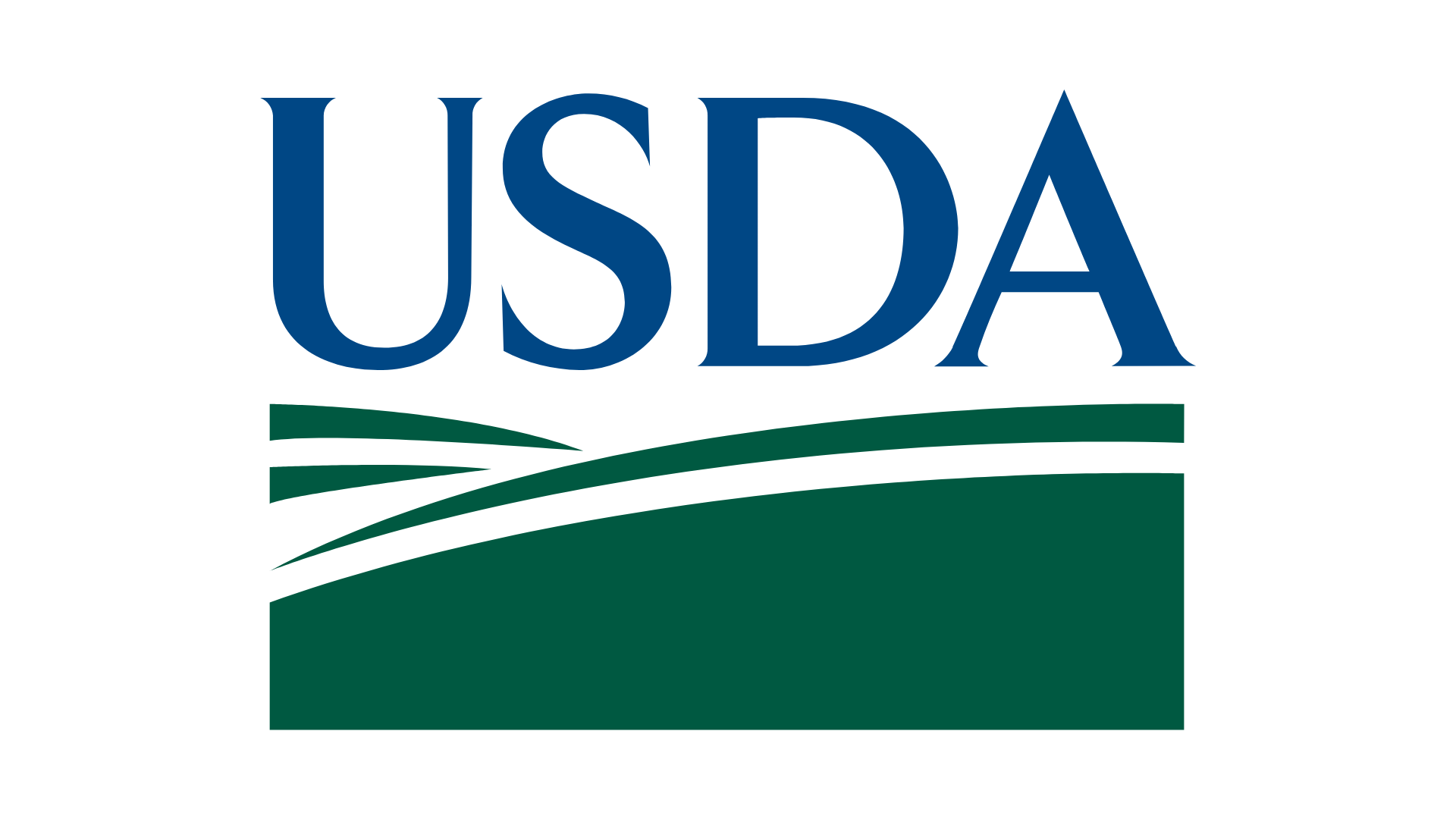Meet Our Partners
Our partners play a crucial role in facilitating comprehensive research, education, and extension activities aimed at enhancing the many differing facets of bolstering food system resilience.

Our partners play a crucial role in facilitating comprehensive research, education, and extension activities aimed at enhancing the many differing facets of bolstering food system resilience.
The Food Shocks Project is propelled by a robust partnership network, each contributing unique expertise and resources vital for the project's success. USDA-NIFA, our primary funder, provides essential financial and research support, enabling us to tackle complex challenges in food system resilience. Multiple universities with leading programs in agricultural and technological research are dedicated to the Food Shocks Project, offering cutting-edge research facilities and academic leadership. Our Principal Investigators spearhead our initiatives, ensuring that our research, education, and extension activities are comprehensive and impactful.
Together, these partnerships forge a dynamic force, dedicated to advancing sustainable practices and strengthening food systems against future shocks.
The Food Shocks Project is fully funded by the USDA's National Institute of Food and Agriculture (NIFA).

USDA-NIFA's involvement facilitates the advancement of agricultural sciences that directly address the project's goals of enhancing food system resilience and sustainability. Through their commitment to integrating research, education, and extension efforts, USDA-NIFA helps to ensure that innovative solutions reach stakeholders effectively, contributing to the long-term viability of agriculture.
Our Principal Investigators (PIs) are the cornerstone of the Food Shocks Project, each bringing unique expertise and leadership to guide our research, education, and extension efforts. These distinguished experts from top academic institutions and industry settings lead various facets of the project, ranging from innovative research to community engagement initiatives. Their diverse backgrounds and deep knowledge ensure that the project not only addresses current food system challenges but also sets a foundation for future resilience and sustainability in agriculture globally. Their contributions are critical in shaping the direction and impact of our work.
Brent Ross, Michigan State University
Maria Marshall, Purdue University
Jennifer Meta Robinson, Indiana University
Chyi-Lyi (Kathleen) Liang, North Carolina Agricultural and Technical State University
Megan Konar, University of Illinois Urbana-Champaign
Lav Varshney, University of Illinois Urbana-Champaign
Felicia Wu, Michigan State University
Jianguo (Jack) Liu, Michigan State University
Bryan Beverly, Michigan State University
Judith Whipple, Michigan State University
Julie Winkler, Michigan State University
John Lane, Michigan State University
Sue Nichols, Michigan State University
Dennis Todey, United States Department of Agriculture
John Kraus, Mavin Global
Darlene Knipe, Global Food and Ag Network, LLC
Colin Ripmaster, MASSP
Richard Knipe, MarketMaker Co-Founder
Sai Naik, Mavin Global